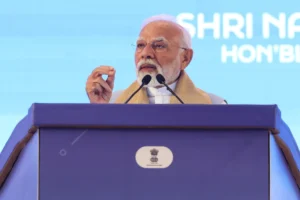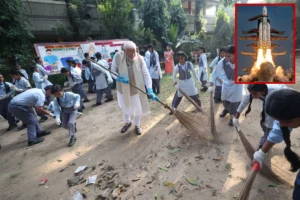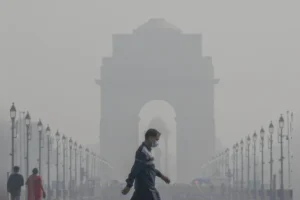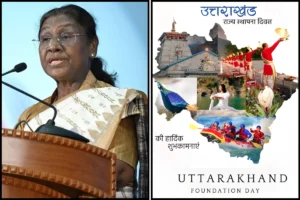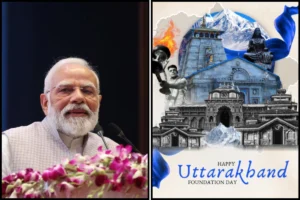
External Affairs Minister S Jaishankar on Wednesday drew a clear distinction between the Modi government’s counter-terrorism strategy and that of the previous UPA regime, stating that the last ten years have seen a major transformation in India’s response to terrorism.
Speaking in the Rajya Sabha during a debate on Operation Sindoor, Jaishankar pointed to India’s bold actions such as the 2016 Uri surgical strikes, the 2019 Balakot airstrikes, and the recent Operation Sindoor as defining moments in India’s evolving security doctrine.
Citing past terror incidents under UPA rule, Jaishankar stated, “In the decade before the Modi government came to power — in 2006, the Mumbai train bombings killed 186 people; in 2007, 44 died in Hyderabad; in 2008, 26/11 happened in Mumbai; 64 were killed in Jaipur; 57 in Ahmedabad; and Delhi was also bombed in 2008. I am reminding the House how the world watched India’s response at that time.”
He criticised the then government’s measured diplomatic response, especially after 26/11, when India maintained that terrorism was a concern for both India and Pakistan.
“Even after 26/11, India said that terrorism is a threat to both India and Pakistan. That was the approach then,” he asserted.
India’s Global Push Against Terrorism
Jaishankar emphasised how India has worked to place terrorism at the forefront of international discussions through platforms like BRICS, SCO, QUAD, and various bilateral forums.
He also cited the successful UN designations of Masood Azhar and Abdul Rehman Makki as global terrorists, as well as the listing of The Resistance Front (TRF) as a Lashkar-e-Taiba proxy responsible for the recent Pahalgam attack.
“When we were on the UN Security Council, we held a counter-terrorism meeting at the site of the 26/11 attacks — the Taj Hotel in Mumbai. That event sent a powerful global message about India’s resolve,” the EAM noted.
He also mentioned that India has successfully secured the extradition of Tahawwur Hussain Rana, wanted in connection with the 26/11 attacks.
Jaishankar remarked, “The Modi government has finally brought him back to India.”
Jaishankar also highlighted that India secured the United Nations’ official designation of The Resistance Front (TRF) as a terrorist organisation.
“The UN’s monitoring team submitted its report, which, for the first time, mentions TRF and acknowledges its ties with Lashkar-e-Taiba. We secured a UN recognition of TRF as a proxy for LeT and responsible for the Pahalgam attack,” the Minister noted.
Highlighting growing international support, Jaishankar noted the recent BRICS statement that specifically condemned the Pahalgam terror attack and cross-border terrorism, a first in such a joint declaration.
“This is the first time we were able to get an explicit reference to a specific terrorist incident,” he concluded.
To read more such news, download Bharat Express news apps










